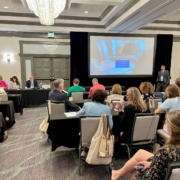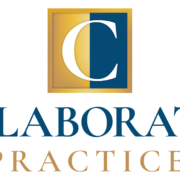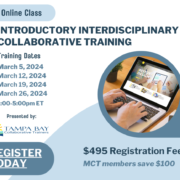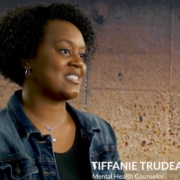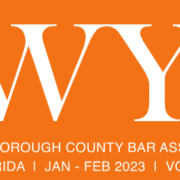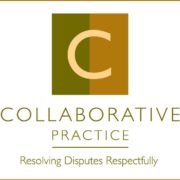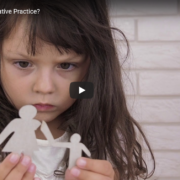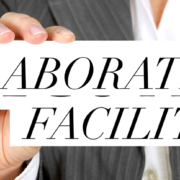Defining “Collaborative Mediation”
If you do a Google search for “Collaborative Mediation,” you will get all sorts of results, many of which have nothing to do with one another. Many articles simply point out the differences between Collaborative Divorce and Mediation (one of my blog posts would be included with this group).
Other articles will use the term to be a synonym with Collaborative Divorce, referring to neutral professionals (typically a financial professional and licensed mental health professional) as mediators, even if those professionals have not been trained as mediators. This seems misleading to me. Still, other articles use the term to mean a friendly mediation or an interdisciplinary co-mediation where lawyers are optional. I have concerns about those articles because, despite using the term “collaborative,” what they describe is not a Collaborative Law Process as defined by the Florida Statutes or Uniform Collaborative Law Act/Rules. Again, this is misleading.
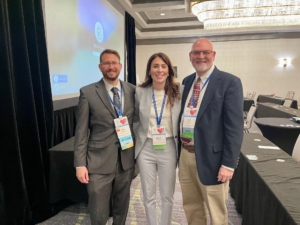 I recently was at the 12th Annual Conference of the Florida Academy of Collaborative Professionals (“FACP”) where I presented on the topic of “Collaborative Mediation: Engaging Mediators in the Collaborative Process.” My co-presenters were Heather McArthur, co-founder and president of Collaborative Professionals of Central Florida and Florida Supreme Court Certified Family Law Mediator, and Keith Grossman, a Florida Supreme Court Approved Primary Family Mediation Trainer and president of the Southwest Florida Collaborative Professionals Association.
I recently was at the 12th Annual Conference of the Florida Academy of Collaborative Professionals (“FACP”) where I presented on the topic of “Collaborative Mediation: Engaging Mediators in the Collaborative Process.” My co-presenters were Heather McArthur, co-founder and president of Collaborative Professionals of Central Florida and Florida Supreme Court Certified Family Law Mediator, and Keith Grossman, a Florida Supreme Court Approved Primary Family Mediation Trainer and president of the Southwest Florida Collaborative Professionals Association.
As I have not found a good definition anywhere else, one of my goals in co-presenting on this topic (and writing this article) was to define the term “Collaborative Mediation.” Additionally, I hoped to shed light on this distinct model of Collaborative Practice, find a way to better engage mediators in the Collaborative Process, and offer an option under certain circumstances that could bring more clients and lawyers into the Collaborative Method.

